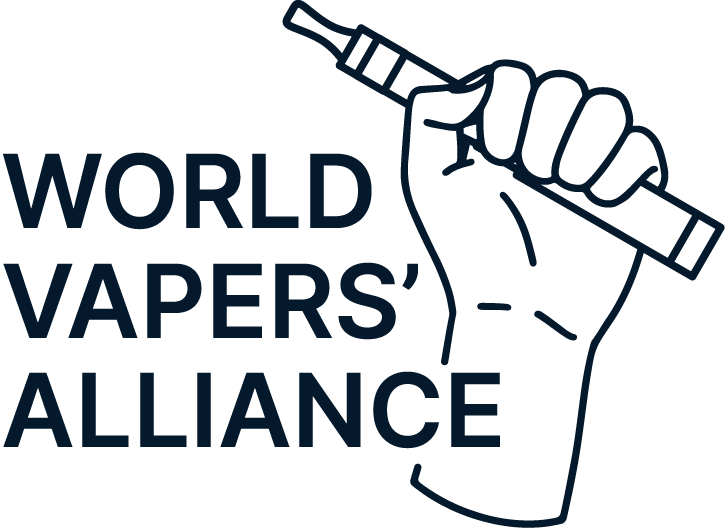Anunțul i-a luat cu siguranță prin surprindere pe mulți, mai ales având în vedere că în 2018 Suedia a atins statutul de persoană fără fum prin susținerea utilizării unui alt produs alternativ la nicotină.
Un grafic publicat în mai 2017 de UE, ca parte a unui sondaj privind comportamentul față de fumat în întreaga uniune, a enumerat Bulgaria, Grecia și Franța ca fiind țările cu cele mai mari rate de fumat, cu 36%, 35% și, respectiv, 33%. În timp ce la coada acestei liste s-au aflat Olanda, Danemarca și Regatul Unit, toate la 16%, și în final, Suedia, la un impresionant 5%.
Anulându-i succesul?
Suedia este cunoscută pentru că a atins acest statut prin adoptarea unei strategii de reducere a riscurilor în favoarea unei poziții de interzicere. A făcut acest lucru prin susținerea utilizării snusului pentru renunțarea la fumat.
Snusul este un pliculeț umed de pudră de tutun care se plasează sub buza superioară pentru perioade lungi de timp. În întreaga UE, acest produs este legal doar în Suedia, unde este considerat un produs eficient de reducere a riscurilor. Cu toate acestea, este utilizat pe scară largă și în Danemarca și Norvegia. De fapt, snusul nu numai că a dus la faptul că Suedia se mândrește cu cele mai scăzute rate de fumat din Europa, dar, mai important, și la raportarea... cele mai mici rate de cancer pulmonar pe întreg continentul.
Un pas înapoi
Discutând despre interdicția planificată a aromelor, directorul Alianței Mondiale a Vaperilor (WVA), Michael Landl, a declarat că, dacă măsura intră în vigoare, cei 150.000 de foști fumători din Suedia care acum vapează în schimb ar putea... fi obligat să se întoarcă la fumat. “Interzicerea aromelor ar putea forța mii de foști fumători din Suedia să reia acest obicei. Cercetările arată că utilizatorii de țigări electronice au o probabilitate de peste două ori mai mare să renunțe la fumat odată cu utilizarea aromelor. Dacă acestea ar fi interzise, 150.000 de utilizatori de țigări electronice – echivalentul aproape întregii populații a orașului Uppsala – și-ar pierde aromele și s-ar putea întoarce la fumat. Acesta ar fi un regres major în lupta împotriva fumatului și a bolilor asociate acestuia.”
„Este îngrijorător faptul că o țară precum Suedia, renumită pentru pragmatismul său, adoptă o abordare atât de grea față de vaping. Politicienii și-au pierdut bunul simț, iar vaporii și fumătorii vor avea de suferit”.
Un comunicat de presă al lui Landl a continuat să explice că guvernul suedez intenționează să impună reglementări mai stricte asupra produselor alternative cu nicotină, inclusiv vaping-ul și pliculețele cu nicotină. Aceste modificări au fost programate să intre în vigoare la 1 august 2022, dar anumite secțiuni ale propunerilor ar urma să intre în vigoare la 1 ianuarie 2023 și, respectiv, 1 ianuarie 2024, pentru a oferi părților interesate timp să se adapteze la noile cerințe.







